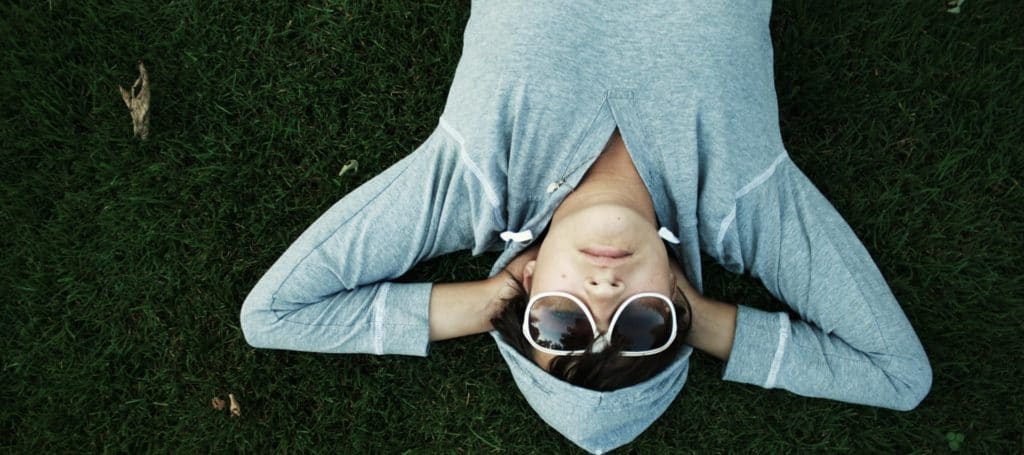College students are some of the most sleep-deprived people in the world (and some of the most stressed). This is mostly because college is very demanding, both mentally and physically, like an intellectual marathon. A full-time student can expect that every minute of every day be potentially filled with school work if they let it consume them.
As adults, students are responsible to budget time for sleep or pay some possibly severe consequences. Sleep deprivation in college students can cause an impairment of judgment, an inability to operate a motor vehicle, low test scores, a drop in overall performance, irritability, trouble thinking clearly, impulsiveness, and poor physical health. The effects can be just unhealthy or actually life-threatening.
Sleep and College Students
Statistically, sleep and college students don’t really stay in touch. With how important sleep is to be able to function and learn efficiently, it should be shocking that the average amount of sleep an average college student will get in an average night is 6.5 hours. There is just too much to do. Wise students say goodbye to any kind of social life until after finals each semester. Dorm life can be difficult to adjust to. Many students say that they plan on being perpetually exhausted until they graduate, which could be a dangerous motto for some.
How Much Sleep Do College Students Need?
The average human need for sleep is about eight hours, give or take for the individual in question. Most people of traditional college age (18-25) need 8 hours of sleep or more. How many hours of sleep do college students need to passably function? Most people in an all-consuming academic degree program need more than 8 hours say some experts. Some people need up to 10 hours of sleep a night. How much sleep do college students need depends on how active they are, mentally and physically. If no part of their day is filled with leisure, good long restful sleep becomes more important.
Dangerous Effects of Sleep Deprivation for Students
Since inadequate sleep negatively affects the learning process, it is important that the question of, “how much sleep do college students need?,” be asked on a large scale. Sleep deprivation in college students can negatively impact the students’ capacity to remember and incorporate knowledge. Scientists say sleep deprivation in college students can inhibit the three stages of learning known as acquisition (or how the brain receives and processes information), memory consolidation, and the ability to recall and recite those memories.
The effects of sleep deprivation in college students will subside and improve for most people after that person gets an adequate amount of rest. Long term damage from sleep deprivation in college students is possible but the deprivation has to be prolonged and severe. The sufferer may have immediate symptoms like hallucinations, or they may feel sick or dizzy. Not enough sleep can lower the immune system, causing chronic pain, illness, and or mental disturbances.
What is the Best Time to Sleep for a Student?
What is the best time to sleep for a student is dependent on the schedule of that student. Really any block of time when the student has no class and does not need to study, eat, or bathe should be used to rest. One can observe students snoozing at all hours and in all places during finals week. Books and backpacks become comfortable pillows. Though it is important to take sleep where one can find it, it is also important to remember that REM sleep is what the brain really needs to self care and mend itself.
Don’t Party and Don’t Over Load
Though there are many fun socializing opportunities in college, it is wise to put sleep and study first. Self care should be a high priority for busy students. Aside from socializing, not overloading on extra credit and non-essential student participation activities is also important. These activities should be limited to only the most highly desired ones. Drinking can be fun and help connect academic peers at time strengthening some community bonds, the practice can have devastating effects. (Save the partying for spring break.)
Student performance and overall mental health can tank if students are not diligent towards self care. There are many other ways to connect with peers on campus. Study groups, academic teams, lunch and coffee dates, and through sports are just some healthy ways to connect. Studying and grades should come first though. After all, college only happens once in life, best not to waste it.
Related:
